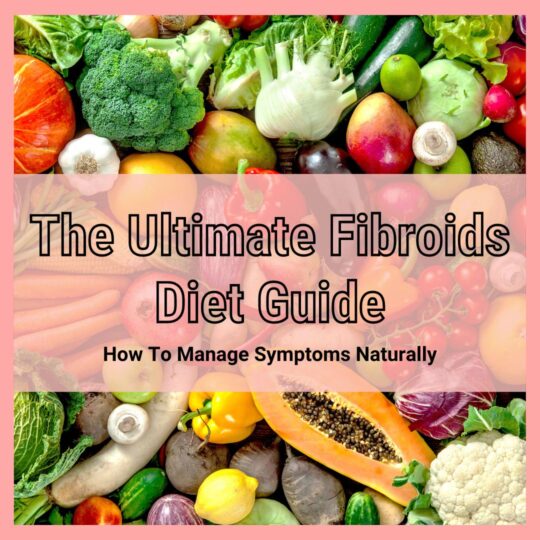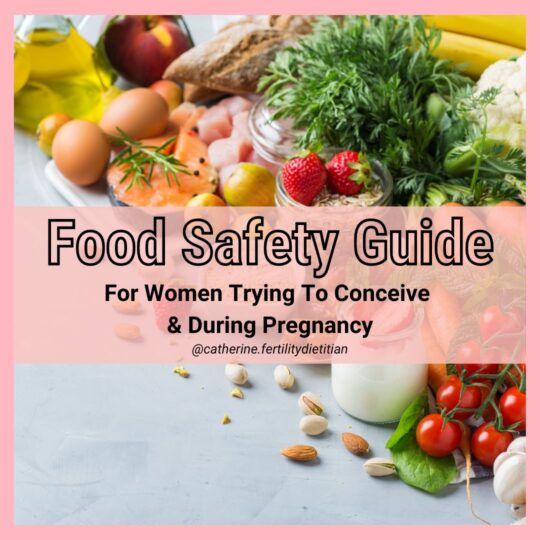What Is Gut Microbiome?
Gut health is becoming a hot topic, but what is it? And can it affect your fertility?
The gut microbiome refers to the trillions of living microorganisms in our intestinal tract. They are bacteria and yeast, which contain much information on human cells and genetic information.
Healthy gut microbiota plays a significant role in our immune and metabolic function by strengthening our gut integrity and helping protect our bodies from pathogens – germs that can make us sick and spread disease. Hence, maintaining a good gut microbiome balance or a ‘healthy gut’ is incredibly important. Factors such as stress, poor dietary and lifestyle habits and illness can disrupt the balance of bacteria in our gut.
The strong relationship between gut health and mental state has become known as the gut-brain axis. When our gut health is good and strong, our body is more resilient to stress, and the chances of experiencing low mood can be decreased. However, imbalanced gut health and inflammation in our intestinal tract have been linked to increased feelings of anxiety, depression and stress.
Gut Health And Fertility
Recent studies have found that gut microbiome can significantly impact the female reproductive system. There is also substantial evidence to suggest a direct relationship between changes in gut microbiota and alterations to sperm quality and fertility status in men.
The human gut microbiome can affect every stage of female reproduction, including oocyte maturation in the ovary, fertilisation, and embryo implantation, during pregnancy and postpartum.
Sex hormones, such as progesterone, estradiol and testosterone, communicate between the gut microorganisms and their hosts and play an essential role in supporting reproductive health.
Poor gut health has been related to disruptions to the menstrual cycle, endometriosis, polycystic ovary syndrome (PCOS) and reproductive tract infections. Further, the gut microbiome can also impact embryo development, fertilisation and infertility.
As mentioned earlier, your dietary habits can significantly impact your gut microbiome. In this blog, we will reveal the best five nutrition and lifestyle tips to help you optimise your gut health and fertility.
1. Probiotic foods
Probiotic foods contain live microorganisms that, when consumed adequately, help improve our gut health. They are predominantly from fermented foods designed to help add the ‘good’ bacteria into the gut and make less room for the ‘harmful bacteria.
Fermented foods have been in our diet for thousands of years. These include Lactobacillus to make milk products such as yoghurt, sour cream, buttermilk, kefir, and some cheeses, such as cottage cheese and mozzarella. Other non-dairy options include sauerkraut, kimchi, tempeh, natto, miso and kombucha.
Although probiotics are not considered an essential nutrient, these microorganisms found to each have different benefits on the gastrointestinal tract and overall health. They have generally been found to help balance gut microbiota, increase lactose tolerance and gut function, increase the synthesis of B group vitamins and help regulate our immune system. Probiotics can help prevent any issues that arise when taking antibiotics, as antibiotics can often disturb both gut and vaginal microbiota.
2. More than just probiotic foods, your body needs prebiotic foods
Prebiotic foods are the non-digestible type of dietary fibre that feeds the gut bacteria. Without prebiotics, probiotics won’t thrive.
Prebiotics are found in plant-based foods such as asparagus, artichoke, onion and leeks, garlic, chickpeas, lentils, nectarines, watermelon, barley, rye bread and oats.
3. Diversify your diet for better gut health
Building on the first two points, consuming a diverse range of probiotic and prebiotic foods is essential. It is best to eat various foods from each of the recommended five food groups daily.
For example, you can easily incorporate yoghurt as an everyday snack into your diet or have it for breakfast. Adding rainbow-coloured fruits, vegetables, whole grains, and beans/lentils to your daily diet is another way to enhance your prebiotics intake to support gut health and fertility.
4. Limit alcohol consumption
Alcohol consumption has been found to overwhelm and put pressure on our gastrointestinal tract and liver. This is primarily due to the inflammatory nature of alcohol, which can increase stress levels in our gut and negatively impact the microbiome here. It is best to limit alcohol consumption to help reduce gut inflammation and protect the integrity of our gut microbiome.
5. Should you take a probiotic supplement?
There are many types of probiotic supplements on the market. Some have been well-studied, and some haven’t. It depends on the exact probiotic strains and the dosage used in the supplement.
One of the benefits of having probiotics as a supplement is that you can obtain a more consistent dose than from food sources. Depending on the individual case, different probiotic supplements can be tailored based on your fertility goal and underlying health.
For example, one small study reported that probiotic supplementation for 12 weeks among women with PCOS might help improve your metabolism, weight loss, blood sugar control, and lipid profiles.
Probiotics supplements are also beneficial in treating reproductive tract infections like bacterial vaginosis.
It is best to discuss with a fertility-specialised dietitian or a medical doctor before you commence any probiotic supplementation.
Bottom Line:
- The gut microbiome is a relatively new area of research in the fertility space that has yet to be entirely understood.
- Maintaining a healthy gut is essential to help maximise the chances of getting pregnant.
- Start modifying your diet and lifestyle to nourish your gut health and fertility.
- Be sure to discuss with your fertility dietitian and medical doctor before taking a probiotic supplement to ensure that you’re taking the suitable strains in the right amounts.
- Caution when using probiotic supplements during pregnancy.
Need More Help?

Book an initial consultation with Dietitian Catherine to help you improve your gut health by assessing your nutrition status, providing you with a customised fertility nutrition plan to maximise your chances of getting pregnant.
We also offer a 15-minute discovery call to understand your fertility situation and whether our program fits you.
With all my love 

You May Also Be Interested In
Disclaimer: Content on this website is provided for information purposes only and should not be replaced with medical advice. We recommend you discuss with your healthcare providers (doctor, dietitian, pharmacist, etc.) any medical questions for diagnosis and treatment, dietary plan, or use of any medications and nutritional supplements before you make any changes. DietitianChong Pty Ltd shall not bear any liability for reliance by any user on the materials contained on this website.


